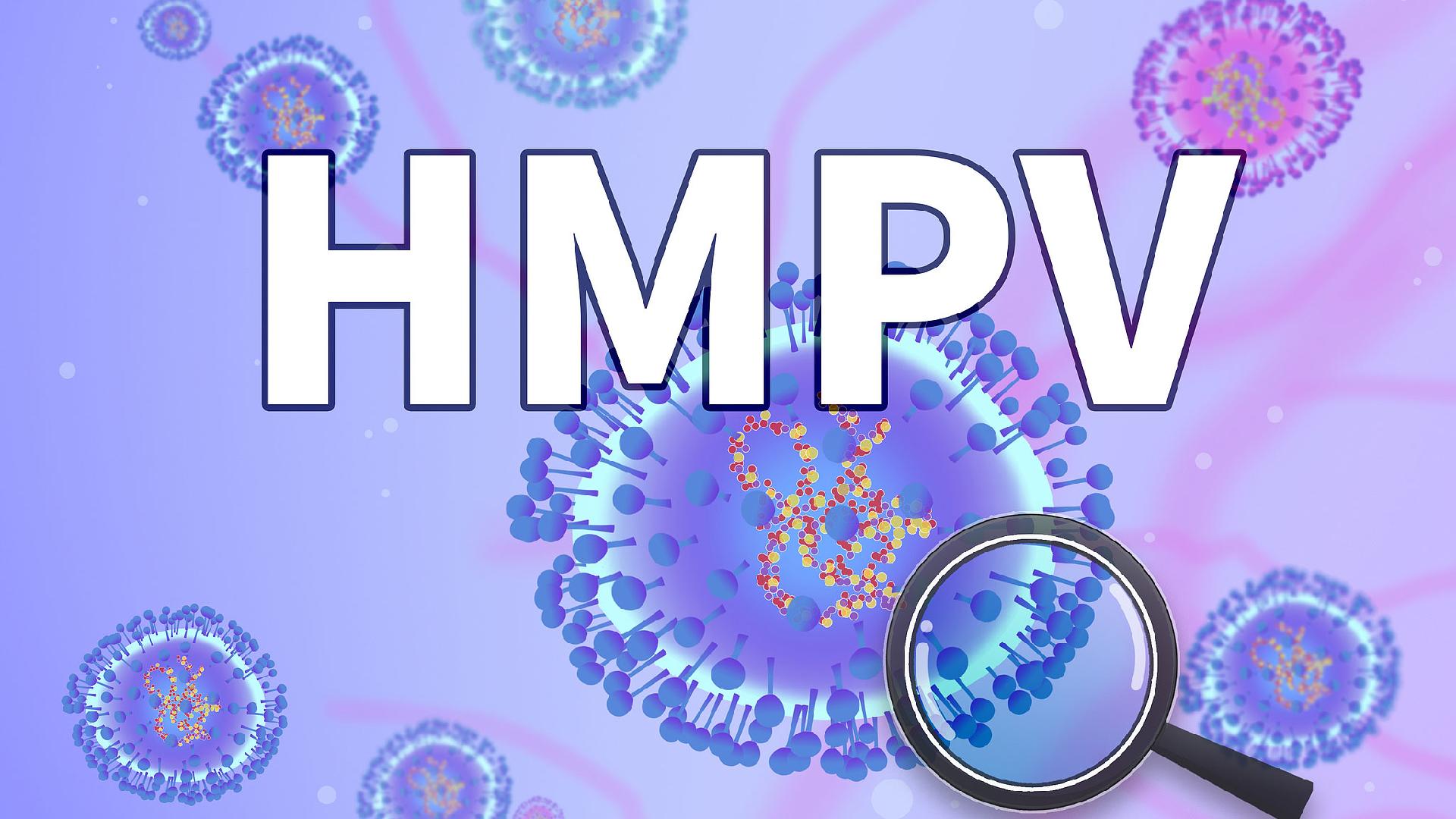China experiences increase in HMPV cases, but it's not a 'new virus'
China is experiencing an increase in HMPV infections, though experts clarify that it is not a 'new virus.' The recent uptick has drawn attention, but authorities emphasize that HMPV has been known for some time.

Reports from domestic media reveal a rise in HMPV infections, with some individuals experiencing "flu-like" symptoms, including dizziness, leading to speculation regarding a new pathogen's emergence.
Similar trends were noted in the U.S. around April 2024, where an upsurge in HMPV cases prompted media outlets to describe the virus as "little-known."
**HMPV: not a new threat**
Experts in China have clarified that HMPV is not a new concern. Zheng Lishu, a researcher at the Institute of Virology at the Chinese Center for Disease Control and Prevention, explained that HMPV is a common virus that has been in circulation globally for over 60 years. It was only identified by scientists in the early 2000s due to its slow growth rate and non-specific symptoms.
"For most people, the symptoms will gradually subside in about a week," Zheng said.
Ruan Zhengshang, deputy head of the department of infectious diseases at Xinhua Hospital in Shanghai, warned against self-diagnosing HMPV based on symptoms such as fever or dizziness. He pointed out that HMPV presents similar symptoms to other respiratory illnesses, including cough, nasal congestion, fatigue, gastrointestinal discomfort, and even high fever.
"It is not accurate to judge influenza, HMPV and other respiratory infections based on the level of fever or dizziness," Ruan said, encouraging individuals to seek medical attention for proper diagnosis and treatment if their symptoms worsen.
**Treatment and prevention**
Although most cases are mild, Tang Lanfang, head of the department of respiratory diseases at Children's Hospital, Zhejiang University School of Medicine, noted that a small number of children may develop pneumonia following infections. She emphasized the need for close monitoring of children, the elderly, and immunocompromised individuals, recommending immediate medical attention for symptoms such as persistent high fever, lethargy, worsening cough, and shortness of breath.
In line with guidance from the U.S. CDC during their HMPV surge, Chinese experts underline the importance of supportive care, as no specific antiviral treatment or vaccine exists for HMPV. Recommendations include rest, a light diet, and appropriate clothing. Preventative measures like wearing masks, frequent hand washing, ensuring good ventilation, and avoiding crowded places are also advised.
Camille Lefevre for TROIB News
Discover more Science and Technology news updates in TROIB Sci-Tech












